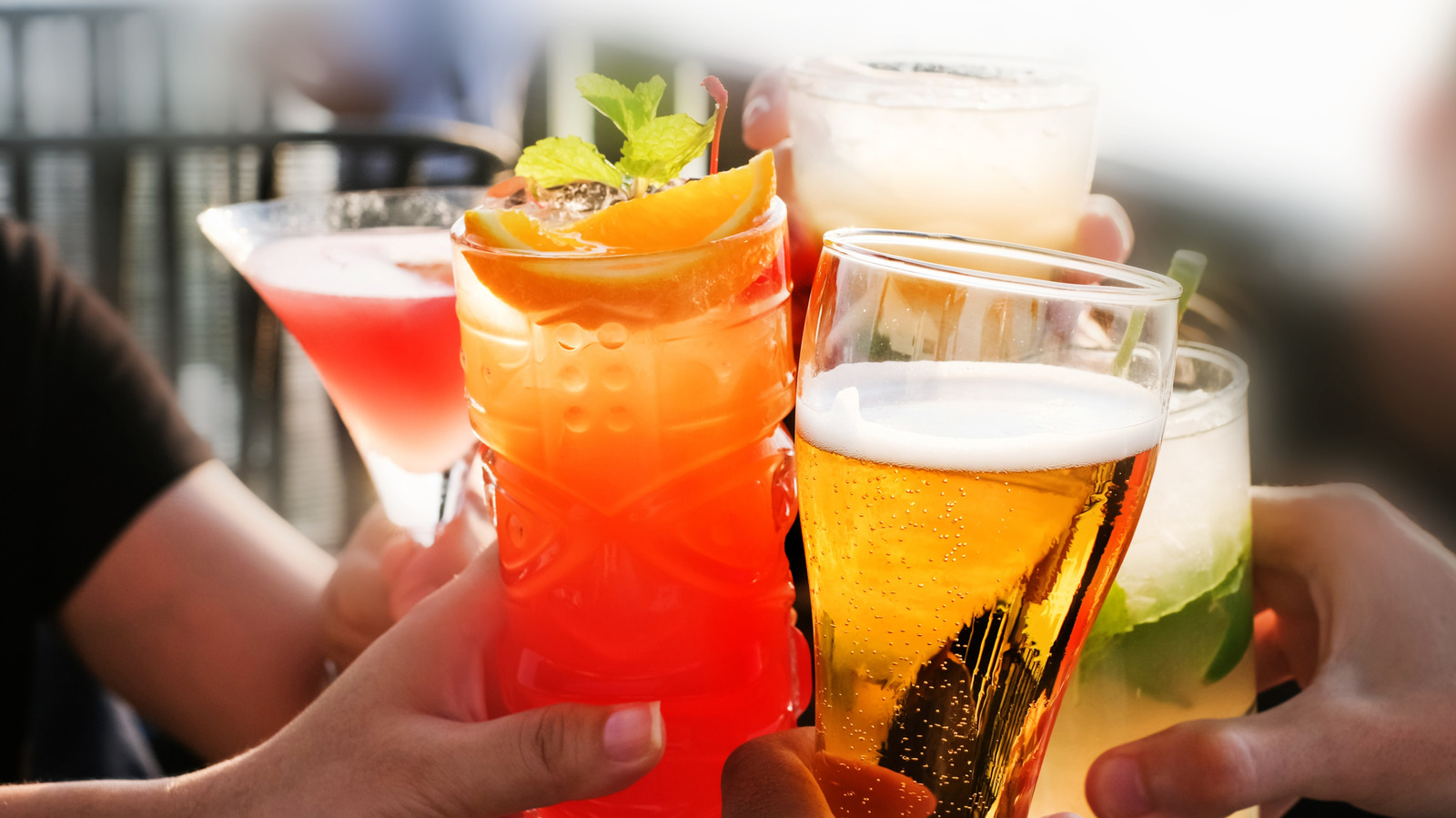
"Aftertaste largely occurs because certain compounds that cause bitterness or off-flavor linger longer than the other taste molecules in the food."
"These [bitter] compounds are also extremely poorly soluble in water, and can remain on the tongue for several seconds longer than other compounds."
"The beverage industry uses bitter blockers to mask unwanted aftertastes, increasing overall enjoyment of the drink."
"A 2019 study by researchers at Penn State found that bitter aftertaste in drinks reflects how a taste can impact an individual's tongue receptors."
Aftertaste is a lingering flavor that can alter perception of drinks, with bitterness being particularly undesirable due to survival instincts. Individual experiences of aftertaste vary, influenced by how taste compounds interact with tongue receptors. A 2019 Penn State study highlights subjective aftertaste responses. Compounds causing bitterness linger longer than others because of their solubility in liquids, especially in beverages like coffee, where they can remain on the tongue for extended periods. The beverage industry often employs bitter blockers to mitigate unwanted aftertastes, enhancing consumer enjoyment.
Read at Tasting Table
Unable to calculate read time
Collection
[
|
...
]